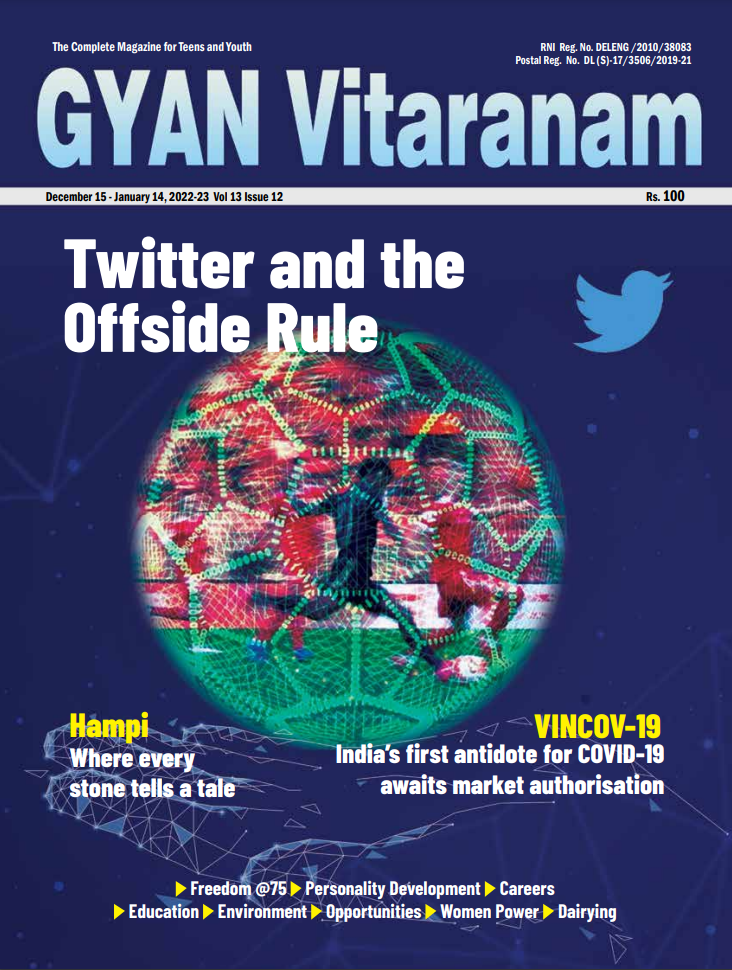Aphorism, a concise statement of a principle, or a pithy observation which contains a general truth, is the earliest literary form, used by writers and speakers to teach universal truths to audience, allowing them to relate to the world around them and to teach a lesson while speaking in plain terms.
Let’s examine Heraclitus’s nature of love to hide, Pascal’s eternal silence of these infinite spaces terrifies me, Lao Tzu’s the flame that burns twice as bright burns half as long, or Plato’s necessity is the mother of invention – these aphorisms have an atomic quality, compact yet explosive.
These aphorisms, also known as maxims, proverbs, short saying, even epigrams, carry the cognitive compactness of the sound bite, with some show of bravado in the ability of the author to compress powerful ideas in a handful of words, particularly in oral format, poetic form. Aphorism condenses. Joseph Joubert, the French writer,....

